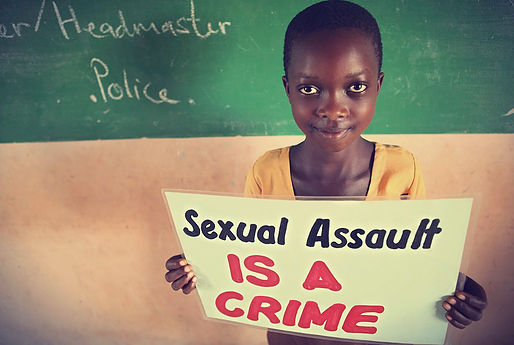Adolescent girls with disability in the Bosome Freho District are benefitting from a project to help them identify potential sexual abusers to avoid falling victims.
The project, dubbed: “Adolescent Girls Project,” seeks to provide the girls with the right information on their sexuality to enable them to make informed decisions concerning their sexual and reproductive health.
The United Nations Population Fund (UNFPA) is funding the project, being implemented by the Alliance for Reproductive Health Rights (ARHR) in collaboration with Rights and Responsibilities Initiatives Ghana (RRIG).
Out-of-school adolescent girls with various forms of disability are being engaged through counselling sessions and fun games to build their confidence to be able to resist any attempt to sexually abuse them.
They are also taught menstrual hygiene and how to access reproductive health services in their local health facilities with the active participation of their parents and caregivers.
During one of such sessions at Asiwa in the Bosome Freho District of the Ashanti Region, representatives of the Commission on Human Rights and Administrative Justice and the Department of Social Welfare (DSW) were on hand to sensitise the girls on their rights to social protection.
They took turns to remind them that they had equal rights like any other Ghanaian and must be bold to call out whoever may try to take advantage of their vulnerability to abuse them.
Madam Aba Oppong, the Executive Director of RRIG, bemoaned the stigmatisation of persons with disability and said they should rather be shown compassion.
She said the misconceptions about the conditions of persons with disability rather deflated their self-esteem and expressed regret of instances where some parents even subscribed to that.
Even more disheartening was how they were sexually molested because of their vulnerability, she said, and called for pragmatic measures to protect them.
“This project seeks to empower them to be able to identify possible sexual molesters and once they identify them they will be able to speak out or tell whoever their caregiver is so that that person cannot take advantage of them,” she said. GNA


Comments are closed.